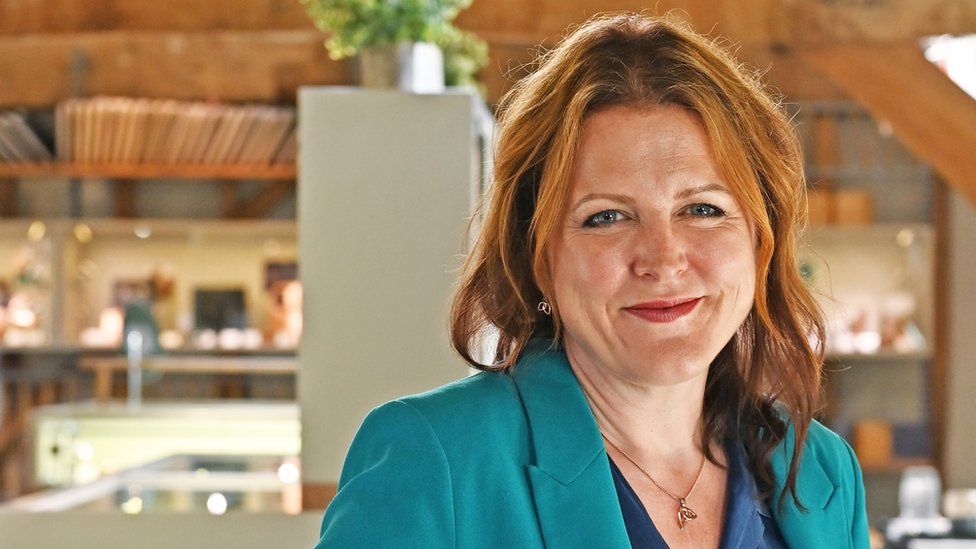-

-
-
Loading

Loading

Jeweller Harriet Kelsall has expressed her reservations about using the popular AI chatbot, ChatGPT, citing issues of trust and accuracy. When she tested the chatbot, she found errors, particularly when it provided information about the wrong crown. Kelsall also voiced concerns about people using ChatGPT's responses as independent thought and potentially plagiarizing. Interestingly, a survey found that women are less likely to use AI compared to men. Some women, like business coach Michelle Leivars and matchmaking agency founder Hayley Bystram, prefer to maintain their own voice and personalized approach rather than relying on AI. Alexandra Coward, a business strategist, points out the danger of AI generating images that drastically alter people's appearances. AI expert Jodie Cook believes that the underrepresentation of women in STEM fields and the perception of AI as science fiction contribute to the gender gap in AI adoption. However, psychologist Lee Chambers suggests that women may be more cautious in using AI due to a confidence gap and concerns about having their competence questioned. Despite these differing perspectives, the importance of authenticity and human creativity, as emphasized by Kelsall, remains valued.